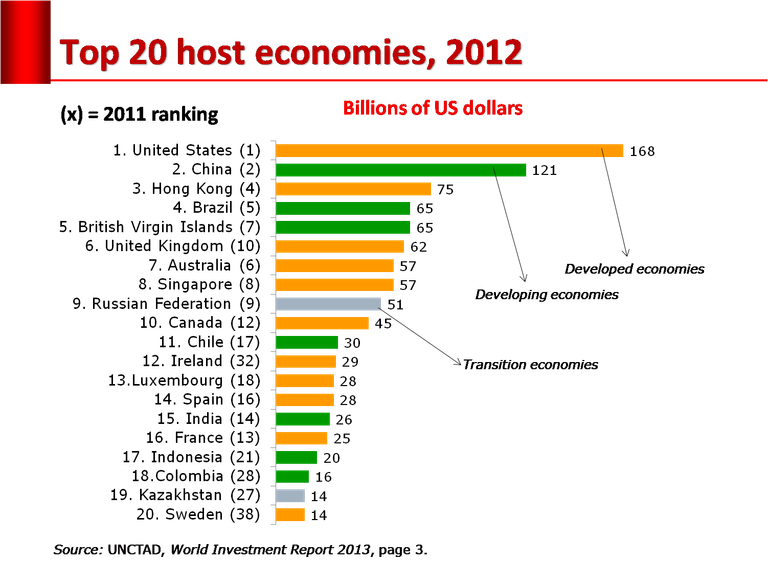
In the second half of the 20th century into the 21st century, we enter a new era in which there is a shift in the direction of the development of countries in the world. Since colonialism the world's political and economic concentrations are in the West, but in this era Asian countries have achieved impressive achievements. Significant changes achieved by Japan followed by South Korea, Taiwan, Hong Kong, Singapore, and then followed by China which is predicted to be the world economic giant in 2020 beat the United States.
Kishore Mahbubani, professor at Lee Kuan Yew School of Public Policy, National University of Singapore in his Can Asians Think (2009) wrote about the phenomenon of the rise of Asian countries and compares it with Western countries. He asked the question, can Asia rival the West?
In response to the economic development of the countries of the world, Mahbubani revealed that Britain took 58 years (since 1780), US 47 years (since 1839), and Japan 33 years (since 1880s) to double their economic output. Followed by Indonesia takes 17 years, South Korea 11 years, and China 10 years in achieving economic progress to the present stage.
Mahbubani explained that the "economic wonders of Asian countries" grew faster and consistent compared to regional groups of other countries in the world from 1960 to 1990. The average per capita growth of these countries reached 5.5%, beating the country's performance - Latin America and Sub-Saharan Africa. This achievement is not only limited to luck, but a reflection of intelligence and hard work, where this economic boom has never happened before.
Performance is awesome
If we look to East Asian countries, the progress achieved and the confidence of the countries in the region is driven by the impressive performance of academic performance both in foreign and domestic universities. At this time, many of the best students generated by universities in the US came from Asia. More than half the foreign students in the US (with a total of 500,000 students) are from Asia. Multinational companies; banks, consulting firms and information technology companies are also recruiting and training talented talents from Asia.
Then is it now that Asia can be considered parallel to the countries of Europe and North America? Some Asian countries have reached high standards of living, but in some other Asian countries too, some problems have occurred such as corruption by corrupt elites, oligarchs, and lack of good governance. However, it is not proper that good governance should follow Western values with the prerequisites of liberal democracy. Asia has its own way. Take for example China and Singapore that do not implement liberal democracy, but governance is run with a meritocracy system.
In the early days of modernization in former colonial countries, Asian figures such as Jawaharlal Nehru (1889-1964) and Sun Yat Sen (1866-1925) consider that the way to catch up is to follow the West. However, now Asia no longer see the West as a role model.
There is a new spirit in Asia to reconnect with the past, after this continuity has been cut off since colonial times and the dominance of the Western worldview. An attempt to find a balance between the global world connected in the age of technology with the roots and awareness of the identity of their ancestors. An attempt to define personal, social and national identities in line with the rise of self-esteem in the global arena.
The new spirit emerging in Asia must be responded positively by Indonesia. It is time for Indonesia, which globally has reached a good stage in certain matters, to fix other issues such as social and economic disparities, poverty, public services and social security, job availability and others.
good
Thanks bro @chironmax
yang 2018 ?
lanjut saudara